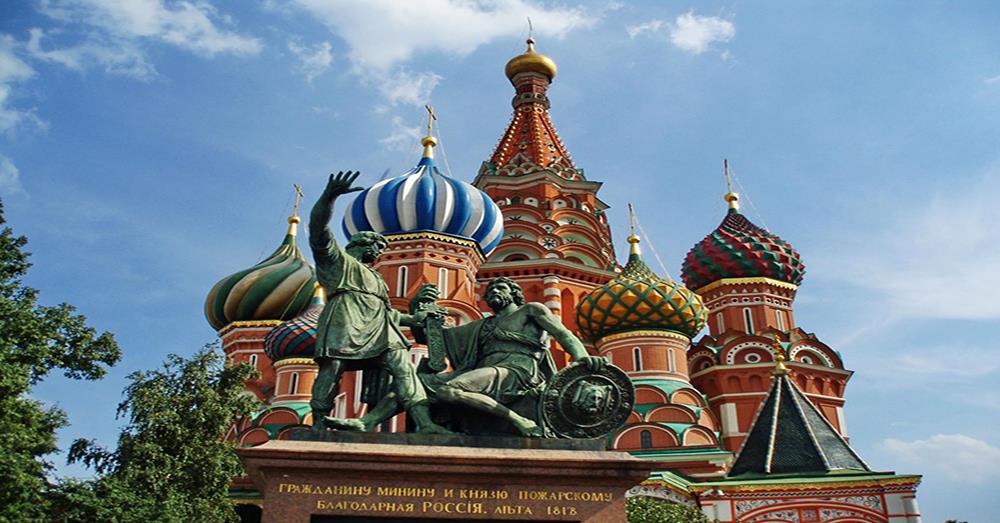Phnom Penh (FN), Nov. 5 – On 4th November the Russian Federation marks the National Unity Day – a holiday that signifies the solidarity of multi-ethnic Russian people, our deep love and responsibility to the Motherland.
The history of the holiday is traced four centuries back to the dark and difficult period of the Russian history called the Time of Troubles, which lasted from late 16th century to 1613 and was characterized by economic and political hardships, natural disasters and foreign invasions.
It was the loyalty to the homeland demonstrated by various groups of the Russian society that nourished their resolute will to stand together to overcome those troubles, save the homeland and free the country from the invaders. That endeavour united together people of different faiths and ethnicity, and has always been regarded as an example for the future generations.
The very date is dedicated to the moment when the Second Volunteer Army led by Prince Dmitry Pozharsky and Nizhny Novgorod merchant Kuzma Minin liberated Moscow from Polish invaders in 1612. Casting the foreign forces out of Kremlin soon brought an end to the Time of Troubles. Several months later Zemsky Sobor – the assembly of lands – was gathered in Moscow, with members of nobility, high bureaucracy, clergy, militaries, merchants, town people and peasants took part in this event. Together they elected the new Tsar – Mikhail Romanov who laid the foundation for the new dynasty.
From the very beginning, the liberation of Moscow was widely recognized as a special occasion worthy of celebration. Then in 1649 the event was elevated
in its significance to a religions display of reverence to the icon of Theotocos, the Lady of Kazan, who is still regarded as a Holy Protectress of Russia. The memory of the two heroes who commanded the Volunteer Army was preserved in the memorial erected on the Red Square next to the Kremlin by architect Ivan Martos in 1818.
In 2005 in the honour of the noble deeds of liberating the capital and fighting the foreign enemies the holiday, which was re-established in Russia in 1996, acquired the status of the Day of Military Glory.
Russia is a home to 193 ethnicities speaking 277 languages and their dialects, practicing different religions, including Christianity, Islam, Buddhism, Judaism and many of local indigenous beliefs. The national laws ensure opportunities to study native languages, protect their folklore and cultural heritage, areas of their settlement. For instance, such policies, including assistance in rehabilitation, preserving culture, ensuring ethnic, language and religious development may be seen in Crimea, where after its reunification with the Russian Federation Crimean Tatars, Ukrainians and other ethnicities may exercise their rights, with linguistic equality and diversity all legally upheld.
Amid the current COVID-19 pandemic the holiday owns even more significance when people of different professions, confessions and origins stand together in fight against the disease. Nowadays it is important to maintain solidarity, mutual respect and share strong resolution to stop this serious challenge.
Anatoly Borovik, ambassador of the Russian Federation to the Kingdom of Cambodia
=FRESH NEWS





